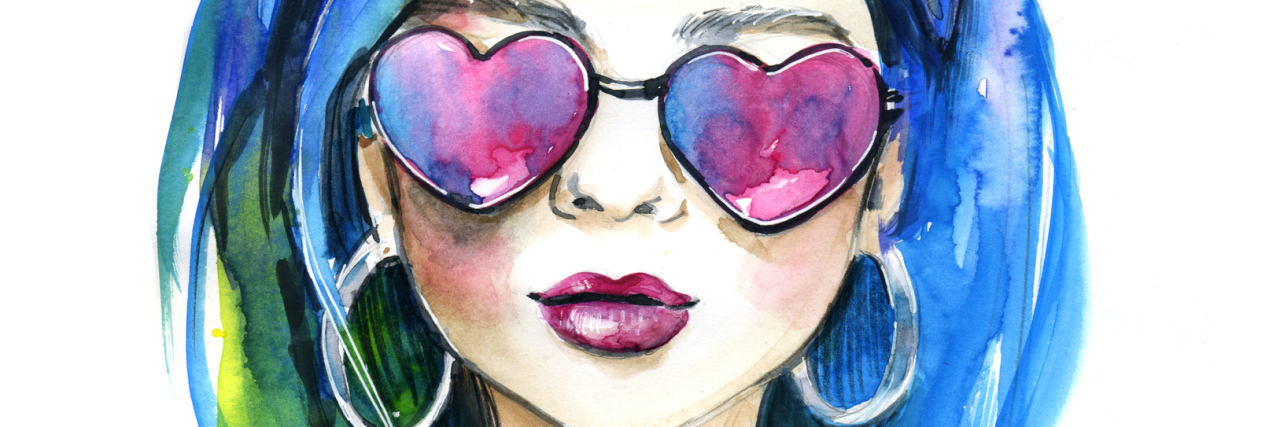Please Don't Write Me Off as 'Crazy' Because of My Mental Illness
I grew up with a mother with mental illness. Though she was not diagnosed until I was 21, many of the symptoms have been present since before I was even born. Since her diagnosis, I have gone through various waves of grieving, coping, remorse — basically most of the negative emotions we humans experience.
• What is Bipolar disorder?
I am ashamed to admit that one of the decisions I made while trying to cope with her bipolar diagnosis was to, while still loving her, write off part of her as “crazy” and “hopeless.” I think I was trying to lessen the burden on myself and ease the pain I was feeling. Her illness caused me a lot of pain growing up. I mean a lot. I forgave her because it wasn’t her fault, it was the mania and the depression that she did not choose, but my choice to write off that part of her meant to just kind of completely detach emotionally when I saw any hint of either extremes that she would go through.
“It’s the ‘crazy’ right now, there’s no reasoning with her, I’m not even gonna try,” is what I would think to myself.
At its healthiest, that sentence describes my feelings about her in the midst of her illness. Things have changed though, since my own personality disorder diagnosis.
I am not mad at myself for trying to cope with her illness. I do have compassion for her and I cried many tears for her because no one fought for her when she was young and alone and hurting, but damn it, how could I just write her off as “crazy”? I also hurt because I started to have to tell my own loved ones about my diagnosis and felt as though I had to defend myself because nothing about me had changed since being officially diagnosed… I mean, really — don’t look at me like I’m “crazy” all of a sudden… I’m still me! Don’t forget me!
Bipolar disorder and borderline personality disorder (BPD) impact our lives tremendously, but they don’t define who we are. Mom is an extremely strong, hardworking and funny person. She’s always kept a job and provided for her kids, which is not an easy thing to do when every other week it takes everything in you just to get out of bed. I love music and writing and laughing with my friends and I will do anything to support them when they are hurting. Even if it means putting on jeans after fighting panic attacks all day to go sit with my friend who’s fighting with her boyfriend.
We have extra crap we have to deal with, but we are still people. We fight like hell to stay functional and be who we really are. In the midst of her biggest bipolar battles, my mom is still that funny, hardworking and dedicated person — she is just fighting a war going on inside her broken mind. The love she has for her children is still fierce; who she is has not changed just because she is displaying the really unpleasant characteristics of bipolar disorder.
I am still me even when I’m dissociating. Not in that moment, but my worth does not go away because I can’t bring myself back to reality. The fact that I love deeply, am passionate and live to help others does not get canceled out by my lack of ability to control my emotions on a pretty frequent basis.
We have “crazy” tendencies and “crazy” moments, but that is not who we are. Sometimes we act “crazy” and feel “crazy,” but we are so much more than that. It’s a part of our lives, but we cannot choose to let our illnesses define us lest we miss out on our own potential and the potential of so many others in the world.
Mental illnesses are not a death sentence. It’s hard for us to fight sometimes. It’s hard for us to push against the stigma on our own. If you love someone with a diagnosis, please don’t just write them off as “crazy.” We are so much more than “crazy.” It’s hard for us to see past sometimes, I realize that, but if we all fight to see the people behind the diagnoses, we may start to make a real difference in the world — I guarantee you it will make a difference in lives. It sure has in ours.
Getty Images photo via MistakeAnn

